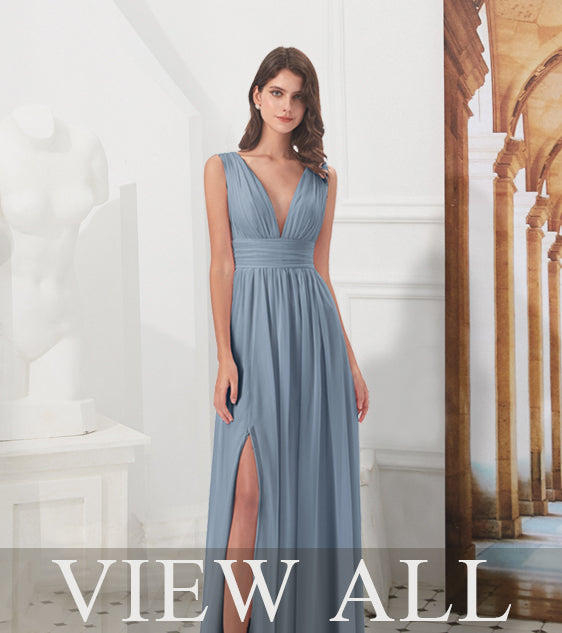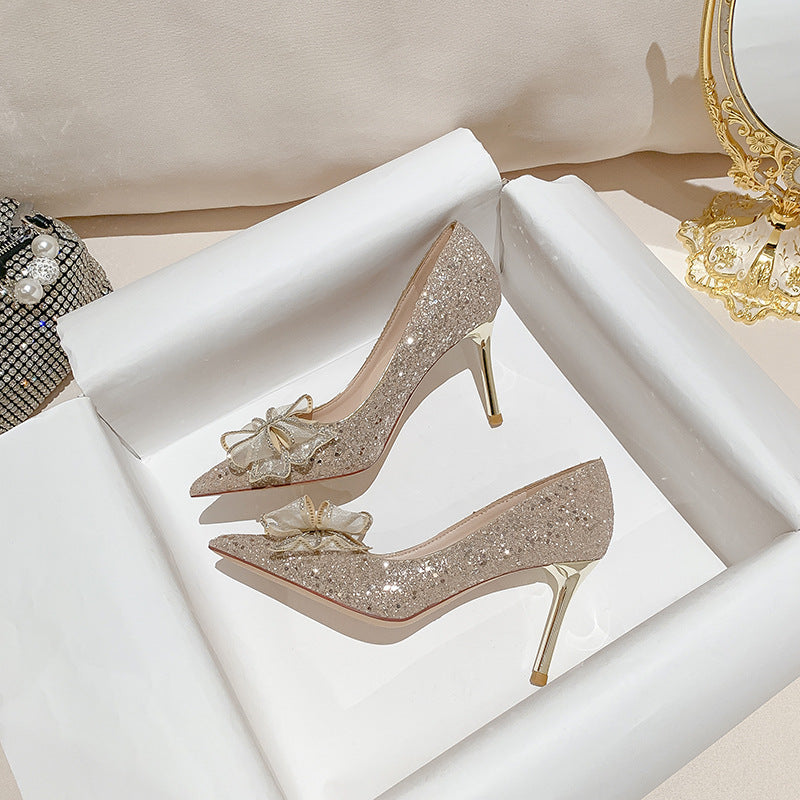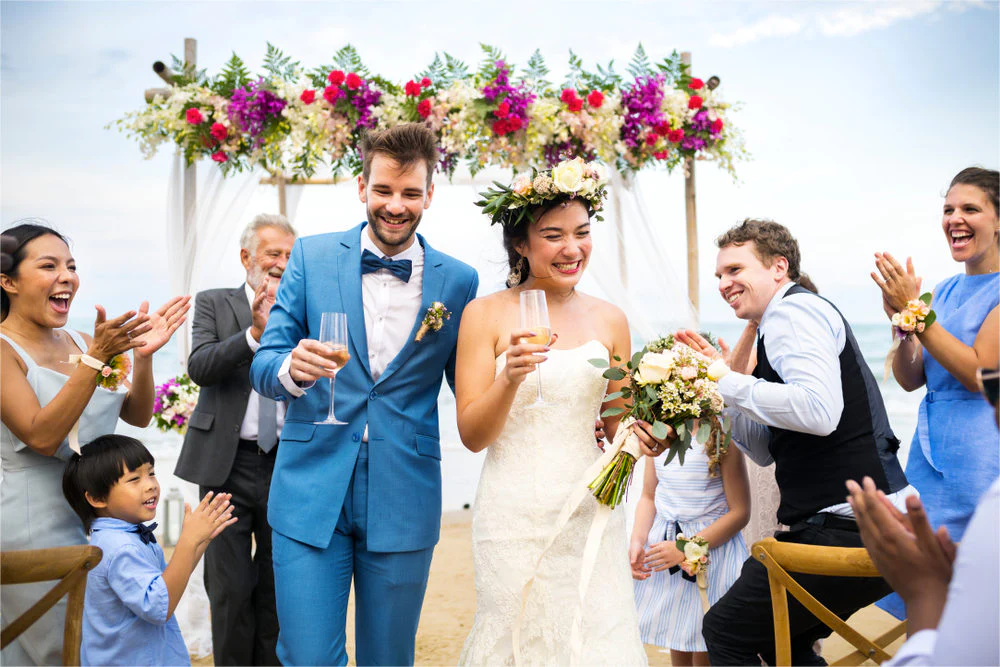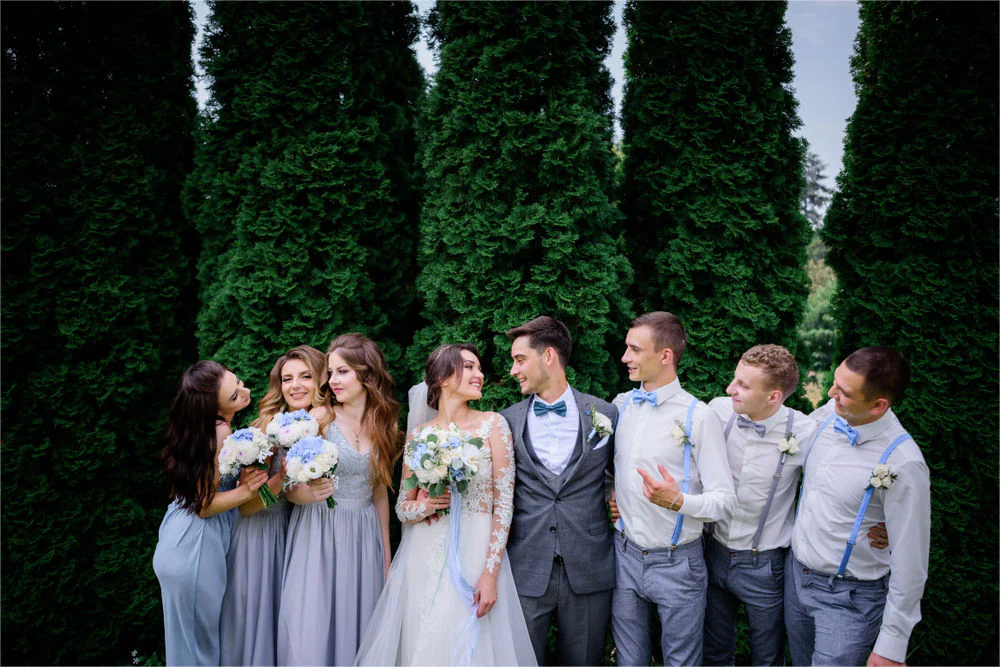‘Always a bridesmaid, never a bride’
Walking down the aisle, I plastered a stiff smile on all the guests, not because I’m shy but because this was my third wedding for the month.
Yes, you read that right.
It was my third wedding as one of the bride’s entourage. It was my third wedding as support and assistant to my friends, cousins, and some distant relatives who didn’t have any other options. And it was my third wedding to hear the iconic phrase: ‘Always the bridesmaid, never a bride.’
Oh, and did I mention that that third wedding is my seventh wedding for the year as a bridesmaid?
Since I started this expensive yet friendly gig on weddings a few years back (it cost me an average of $700 a wedding), I kept hearing people saying I’m always a bridesmaid-never-a-burro type of gal, which I shrugged off at first. I played it cool as a cucumber when someone asked me why I was single, when I would get married or why I was always a bridesmaid.
I didn’t mind that side question not until a random lady, who I kept seeing at weddings of different relatives, asked me for the nth time why am I always the bridesmaid and never the… one wearing white. As you guessed, I became fed up which stabbed my calm persona and pushed me to conduct a little investigation to know how this sexist phrase came about.
The Ridiculous Origin of ‘Always a bridesmaid, never a bride’
Before searching for women empowering “always a bridesmaid” quotes (which I planned to do later, by the way, and post them on ALL of my social media accounts to prove a point), I first looked up the origin of this phrase. I expected it to come from a fashion brand or even a wedding shop, but boy was I wrong.
In 1925, the brand Listerine antiseptic gave birth to the phrase “always a bridesmaid… never a bride” for one of their campaign ads. The witty advertising department of Lambert Pharmaceutical Company, the mouthwash brand’s home, created the slogan for a print ad that took the world by storm.
Image source: buildingpharmabrands.com
Listerine was developed in the 1880s as an antibacterial liquid. It took some time for the brand to gain a following, but they saw an edge in the 1920s on one of the mouthwash’s benefits - fighting halitosis. The advertisers put that asset together with a forlorn woman (with a sad expression and a mediocre dress), and boom! It became one of the most iconic ads of all time.
“Most of the girls of her set were married...but not Eleanor. It was beginning to look, too, as if she never would be. True, men were attracted to her, but their interest quickly turned to indifference. Poor girl! She hadn’t the remotest idea why they dropped her so quickly...”
Moreover, the ad expressed that Listerine can help the love life of any woman and eventually receive a hand in marriage. Without it, you’ll end up like Eleanor, an attractive girl who cannot attract any male because of bad breath!
The company didn’t think Eleanor was enough to tug at consumers' heartstrings, so they brought in Edna too. Frankly, Eleanor’s version was gentler than Edna’s, who was portrayed as a desperate and pathetic woman.
“Edna’s case was a really pathetic one. Like every woman, her primary ambition was to marry. Most of the girls of her set were married — or about to be. Yet no one possessed more grace or charm or loveliness than she. And as her birthdays crept towards that tragic thirty-mark, marriage seemed farther from her life than ever. She was often a bridesmaid but never a bride.”
Surprisingly, when the company positioned Listerine as a beauty tool that women could not skip, the sales rose from $100,000 to a whopping $4 million, in 1921 and 1927, respectively. The increase proved how vulnerable and effective having women as a target audience is. It was observed how other companies at that time gained millions of dollars increase after shaming women with their ads.
Listerine saw the most impact when they targeted women's love life versus other companies’ choice of work life or vanity. The mouthwash brand figured it was worth a shot as more and more ads do the same and succeeded in their quarter-end results. Of course, these sexist ads worked on the Gloria Swanson or Clara Bow women, but what do you think would happen if that’s an ad campaign in 2022?
‘Always a bridesmaid, later a bride’
I’ll tell you what will happen: Protest and debate from all the single ladies who enjoy life without a ring. I can just hear I Don’t Need A Man by The Pussycat Dolls playing in the background while these women (including me) are sipping wine and enjoying the time of their lives.
Although that iconic yet sexist phrase has embedded itself in all ladies' lives, it doesn’t mean it’s the truth. I can see myself being a bridesmaid to maybe hundreds of weddings, but one day, I’m going to be the one who’s wearing white at the end of a wedding march.
I struggled with the ‘Always a bridesmaid, never a bride’ phrase for so long, starting from when I had my fifth wedding. It bothered me how being a bridesmaid on almost all of these special occasions allowed society to assume that it’s okay to say that a woman who’s always willing to sacrifice her time and effort for a dearest bride will be doomed for the rest of her life.
After I read how companies target women due to vulnerability, I realized that I couldn’t allow this phrase to make me feel like I was missing something in my life. It is only a marketing strategy that clicked because it magnified the touchy subject of marriage, especially during the 1920s.
So what does a bridesmaid do about this catchy phrase?
Nothing, don't mind it.
To all the single ladies out there, don’t be afraid to always to be the bridesmaid because that vital position at a wedding won’t define your future. Heck, the hefty amount you shell out for such a role isn’t a joke either.
Don't worry about a thing, girl. We can easily change the phrase to “always a bridesmaid, later a bride” or even “always a bridesmaid by choice, never a pushover.”









